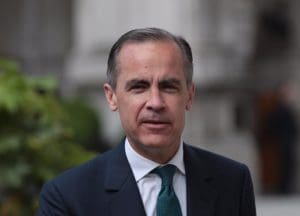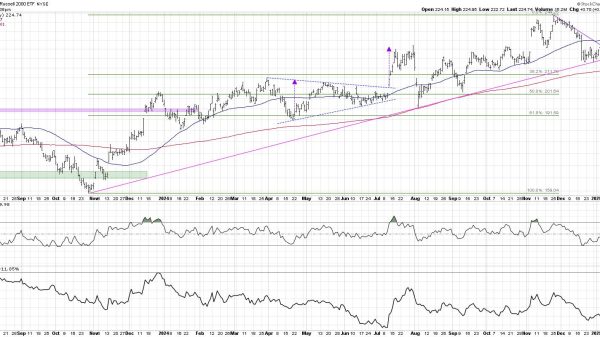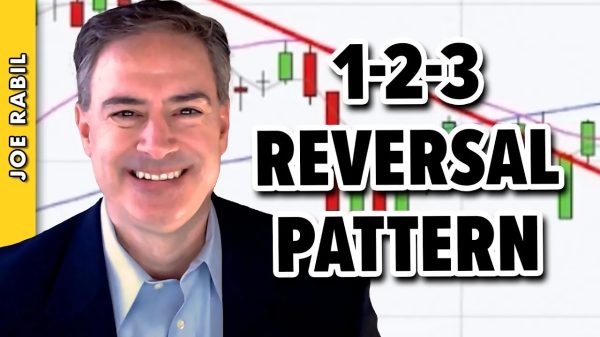Governments prioritize economic growth as a national policy to win elections. Economic growth is a concern for all citizens because increasing economic growth improves living standards. There are more opportunities for self-advancement and leisure in a booming economy, so people endorse politicians who demonstrate that they know how to transform a sluggish economy into a booming one. Voters usually benefit from government policies when they facilitate entrepreneurship and generate jobs.
However, although politicians affirm the importance of entrepreneurship as a tool for economic growth, they operate under a different set of rules. Preserving power is the ultimate goal of the state, and as its agents, politicians will perpetuate policies to reinforce its legitimacy. Therefore, the political establishment will tout policies that compete with the interests of citizens and entrepreneurs. It is not impossible for legislators to pass laws that cultivate entrepreneurship since many do so, but citizens must appreciate that elected officials will defer to the interests of the state.
That’s why regulation is the first order of business whenever a new sector emerges. Innovations are disruptive and if not properly managed will challenge the authority of the state. Rather than protecting consumers or promoting competition, the primary inspiration behind government regulations is control. Regulations increase the powers of the state and offer additional opportunities for revenue collection. Therefore, we should not be shocked when costly licensing regimes are instituted to monitor new sectors.
The logic of licensing regimes is that they enrich the state by empowering bureaucrats. New sectors can be regulated without imposing costly fees, but if this is done then the state will be deprived of income. Though entrepreneurship flourishes in an environment of low taxes and light regulations, this environment limits the state’s potential to extract resources from the private sector and bolsters its power. By competing with the private sector, the state inhibits innovation and hinders economic prosperity.
Government intervention is not mandatory for economies to thrive, and many in political quarters are cognizant of this reality. But the state continuously intervenes in the economy because doing the reverse dilutes its powers. However, if politicians are truly serious about sustaining economic growth and producing jobs, they must adopt a laissez-faire approach to economic growth. The evidence that regulations hamper economic growth and job creation is quite overwhelming.
Research published by the Mercatus Center shows that a 10 percent increase in regulation corresponds with a decrease in the hiring of new employees for all firms irrespective of size. Regulations also correlate with a decline in the birth of new firms in regulated industries. Analyses conducted by the US Chamber of Commerce Foundation reveal that federal regulations alone cost the American economy $1.9 trillion annually in lost productivity, higher prices, and direct costs.
Complying with regulations is an expensive and time-consuming process; hence, time spent complying with these measures could have been deployed to solving commercial problems or unlocking innovations. Regulations also waste the talents of highly educated bureaucrats who should be making a significant difference in the private sector. Imagine, despite its strong institutions, human capital, and tradition of innovation, Europe has become a laggard due to regulatory burdens.
Innovation expert Adam Thierer credits America’s tech explosion in the 1990s to deregulation, and instead of following this path, the European Union (EU) has prioritized the regulation of new tech industries. Growth in the EU is so sluggish that if European countries were American states, several would be in the category of the poorest states. Europe takes pride in being the world’s top tech regulator, even though global companies are shunning the European market to avoid onerous regulations.
The EU is a classic case of people suffering because politicians insist on competing with entrepreneurs. An economy should deliver for citizens rather than empower the nation-state, but unsurprisingly, politicians endorse the latter view. This ideology is costly and even more detrimental to developing countries because they need more rapid economic growth to uplift their people. Yet agricultural protectionism remains popular in African countries like Ghana and Nigeria where foreign imports are routinely banned.
Ghanaian policy analysts have commented that waiving taxes on agricultural inputs can promote the competitiveness of the sector. Under the current regime, taxation is making business difficult for entrepreneurs, and consumers are exposed to higher prices. Similarly, in Jamaica, a businesswoman lost her case to operate a maritime waste disposal company because a government agency, the National Solid Waste Management Authority, is the only agency authorized to do so. However, by granting a monopoly to the National Solid Waste Management Authority, the state prevents other companies from doing a more efficient job.
As a competitor to the private sector, the state will exercise the force of the law to suppress competition and innovation in the long term. But if it is serious about economic growth, it should pursue a laissez-faire approach to development. Hong Kong and Switzerland demonstrate that when the state does not view the private sector as a competitor, the outcomes are more successful for all parties.























